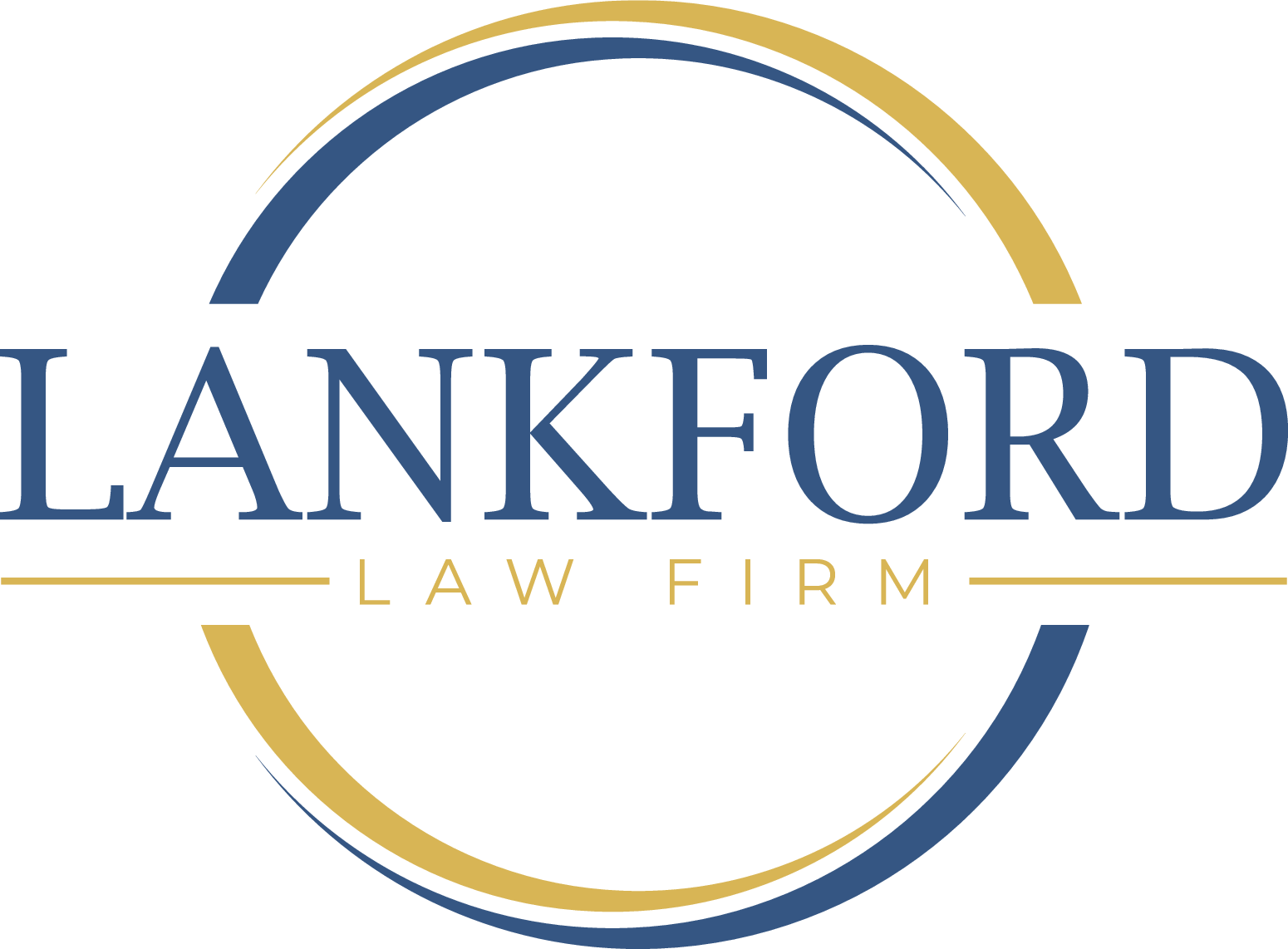Renting a home is common here in Florida. In reality, many people prefer renting rather than buying a house, which has caused renting costs to rise dramatically over the years.
In such a market, everyone interested in becoming rental property owners or managers in Florida must know what Florida Laws say about a landlord’s obligations in terms of maintenance, inspections, and repairs. A law firm specializing in working with landlords can help resolve problems, reduce costs, maximize profits for landlords, and improve the well-being of their tenants.
What Must a Landlord Do When Inspecting a Property Before Leasing It?
Florida law requires residential landlords to make sure rental units are safe to live in before leasing them. Landlords or property management companies are also required to “reasonably” inspect and maintain the leased premises. Unless otherwise agreed to in writing, a landlord must make provisions for
- Extermination of rats, bedbugs, ants, mice, roaches, mold, etc.
- Proper functioning of plumbing and electric
- Fire inspections
- Garbage removal (before new occupancy)
- Functioning facilities for heat
- Repairs
- Cleaning common areas
- Supplying running water
How Long Does a Landlord Have To Complete a Repair?
In Florida, a tenant is required to notify the landlord of any repair issues. Initially, a tenant might begin with an oral request, especially if they have a good relationship with a landlord.
If a landlord has a strained relationship with a tenant, and the oral request did not encourage action, the tenant may move to the next step and give the owner a 7-day notice to effect the repairs. This notice should itemize all repairs that are needed and should also mention the intentions.
In these seven days, as a landlord, you should show a reasonable effort to execute the repairs since not all repairs can be completed within seven days.
However, if the tenant goes ahead and pays any rent within these seven days, the notice is canceled, and they’ll have to start all over again.
What Should I Consider Before Starting Any Repair Work?
Landlords are required to obey Florida housing codes as captured in the Florida Residential Landlord-Tenant Act. There are always many details to go over when a claim for service is requested. Some things to note going forward:
Is the tenant the cause of the damage?
If a tenant or his or her guests are responsible for the problem, a landlord should consider holding off any repair work and look further into the issue.
Is there a major inhabitability issue?
Landlords shouldn’t dodge repairs if there are major defects. Landlords can be sued for personal injury if the problems are a threat to a tenant’s safety or health.
Does the tenant owe any rent?
Tenants shouldn’t be behind in rent (even if they plan to withhold rent payments until repairs are carried out).
The tenant notified the landlord as required
Tenants should have given the landlord notice as required by law and allowed a reasonable amount of time to fix the problem.
Housing Code Inspection
If a tenant perceives a landlord to be very unhelpful, they may consider having a housing code inspection with the help of a city or county inspector. Tenants can include a copy of this report in the notice letter to owners.
What Are the Tenant’s Options If a Landlord Doesn’t Make Timely Repairs?
Sometimes, both tenants and landlords can be unreasonable. However, if the repair request is warranted, then a landlord should acknowledge the repair request in writing. If the landlord hasn’t done this even after the 7 days’ notice elapses, then there is a possibility the tenant is likely to take measures to:
- Move out
A tenant may abandon the premises temporarily or permanently if no repairs are done. A lease may be broken with or without any repercussions if the landlord couldn’t fix the rental problems. A tenant may move out immediately after the 7-day notice ends.
- Withhold rent
Florida residents are allowed to withhold rent until necessary repairs are made under section 83.201 of Florida Law. However, some tenants will attempt to misuse this right and try to live on a property for free.
Before withholding rent, a unit must first be deemed unfit to live in, followed by a notice from a tenant notifying the landlord of their intent to withhold rent. If a tenant tries to twist this right in their favor, they can be sued or evicted.
Remember, withheld rent isn’t waived rent. Tenants need to pay what they owe once repairs are fulfilled. Besides, the court won’t listen to a tenant’s defense if they are sued until they deposit the rent owed with the court clerk’s office. If a tenant goes on a rent strike, it’s advisable to get a Florida rental lawyer before actually suing them.
Note that Florida does not normally allow tenants to fix repairs and deduct this amount from their rent.
Landlord’s Right to Evict a Tenant That Withholds Rent
Many Florida tenants believe that they can withhold rent if a landlord fails to make repairs. However, they must also follow the tenancy rules. For instance, they must give the 7-day notice which should be given 7 days before the next rental period starts. For example, a tenant cannot send a notice on June 29 if rent is due on July 1. In such a case, landlords may be legally allowed to evict tenants for rent non-payment.
You may want to talk to a property rental lawyer to learn your rights when a tenant fails to give proper notice but still goes forward and withholds rent. Even if there is a breach of lease, a tenant still needs to follow the notice requirement.
What Happens If a Tenant Waives the Landlord’s Duty to Make These Repairs?
A landlord can negotiate with a Florida resident over their duty to repair. A tenant can waive this duty for existing conditions that were present before moving in.
As a landlord, you may be relieved of the obligation to repair the unit. In the case that someone is hurt in such a dwelling, you will most likely be protected from liability.
Legal Counsel For Landlords in Resolving Landlord-Tenant Issues
If a landlord has a tenant that constantly withholds rent, they are within their rights to evict the tenant if they never gave any notice. While both the landlord and tenant have rights, providing this notice for repairs and allowing time for repairs is a strict requirement.
As a property owner, if you need help with a rental repair dispute, it’s in your interest to hire someone well-versed in working with landlords in landlord-tenant issues. At Lankford Law Firm, we work with Daytona Beach rental property owners and can help you learn about your rights as landlord or property manager. Call us today at (850) 888 8992 or contact us online to schedule a free consultation.


 Call Us Now
Call Us Now Email Us Now
Email Us Now



